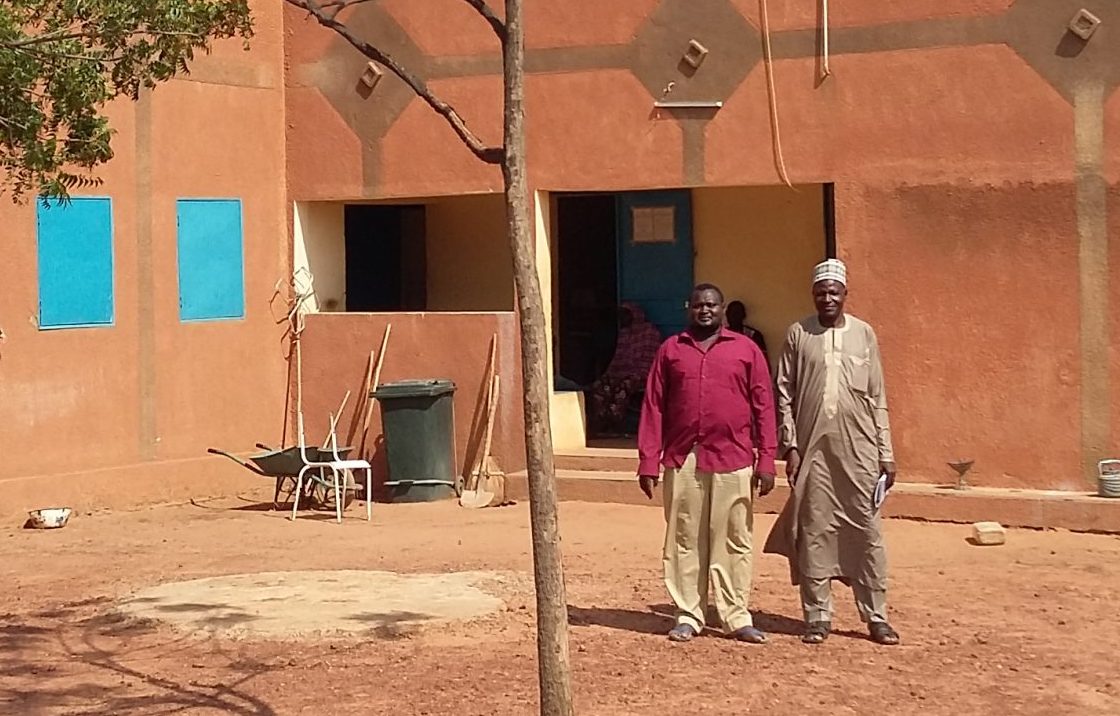This paper explores the political economy of Lebanon and Jordan for providing social health protection to the large number of refugees that both countries host. In Lebanon, the ability of the existing health system to provide universal health coverage, even for its citizens is challenging. An unclear policy framework for public healthcare provision and the overwhelming predominance of the unregulated private sector adds to this.
Jordan, on the other hand, has built a strong health system in the eastern Mediterranean region, based on economic development and political stability. Unlike Lebanon, Palestinian refugees in Jordan are entitled to full Jordanian citizenship, which includes health care and participation in political and economic life.
However, in both countries, refugee healthcare is majorly financed by external aid from international NGOs. The main obstacle that both Jordan and Lebanon currently face is the lack of sustainable domestic financing, and subsequently/in parallel the political will, to officially integrate refugees in the national health system. It is pivotal that the fate of refugees be detached from protracted conflicts and the political sensitivities surrounding them.

